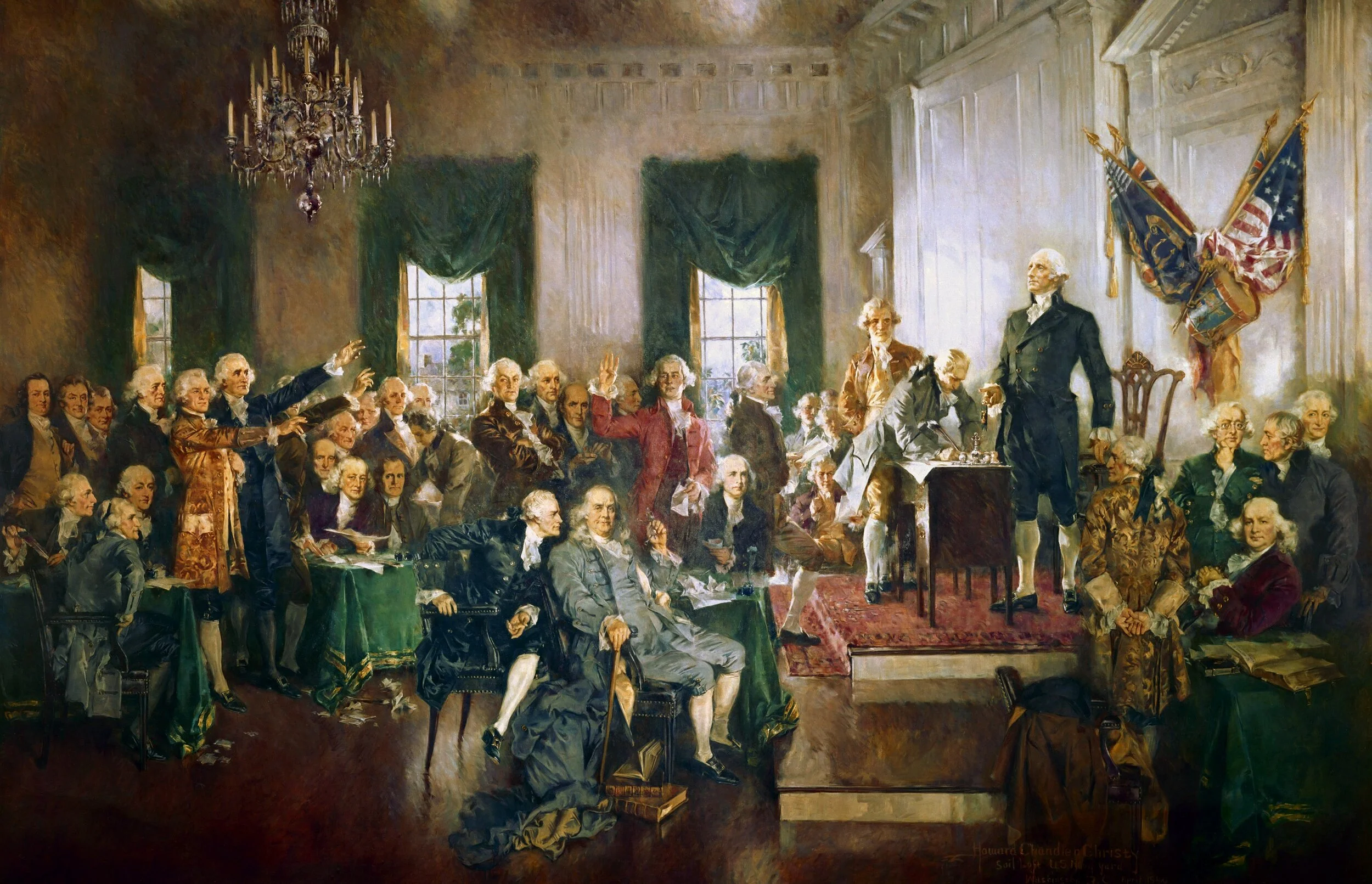Expand the Congress!
/It is gratifying to read other people saying the same thing I’m saying. It doesn’t necessarily prove I’m right. But it does prove I’m not alone.
Such a case happened today, as The Atlantic published at article titled, Congress Needs to be Way, Way Bigger. That article echoes my essay, 435 is not enough. I urge you to read both.
The Atlantic article, written by David Litt, starts with concern about how the coronavirus pandemic has increased Americans’ attempts to get information from their congressional representative. Those congressional representatives are not responding very quickly. They aren’t set up to handle “literally hundreds of calls a day and hundreds more emails,” and that’s what they are getting during the crisis.
Litt insists we shouldn’t be content to say the problem will go away when the pandemic died down. Congressional representatives are supposed to represent, and they can’t do that very effectively when each of them is accountable to 750.000 constituent.
Increasing the number of congressional representatives would require a repeal of the Permanent Apportionment Act of 1929. But that could be done. Permanent doesn’t really mean permanent. And Litt says the physical challenges of a much larger legislature are manageable. The two he mentions foremost are making the larger numnber of districts fair from gerrymandering, and managing the increased staffing requirments of a larger congress.
[I]f the United States could protect the integrity of the mapmaking process, and deal with some very manageable administrative concerns, there’s no reason the House couldn’t accommodate two or even three times as many members as it has today. In fact, even a triple-size Congress would still have more constituents per representative than any other country’s lower house except for India and Japan.
He’s right. And I can add a few ideas to the stew.
There is no need for all the increased staffing to congregate in Washington DC. Members of Congress already have some staff in Washington and some in their districts. The home staff can do constituent service and research about as well as those in DC, so let them stay at home.
In fact, if the House gets more comfortable with the notion of voting by email (or some more secure alternative system, there’s no need for the House members themselves to be in Washington.
This is a pretty fresh idea, but it has merit. Keeping the House members permanently in their districts would strengthen the connection between the member and their constituents — even more than the improved ratio of constituents to members would.
Conversely, the connection between House members and special interests would be weakened tremendously. As it stands now, most of the powerful lobbying interests hover constantly in the halls of congress, and they all know when every member goes to the bathroom. If members stayed in their districts, those lobbies would have to travel all over the country. And they have to do their shmoozing right in the public eye. There are some high-powered restaurants on Capital Hill in Washington where any day you can see lobbyists for international corporations or foreign governments buying lunch for members and sliding a big campaign contribution across the table. That would feel a whole lot different if the member sat down with a turbaned sheik from an oil kingdom, or other, non-constituent, at the Cracker Barrel or a local diner, surrounded by the people he’s supposed to be working for.
Keeping the members of the lower chamber of Congress apart from each other would prevent committees from working. Members would have to vote separately, without much opportunity to amend bills. I don’t see that as an insurmountable problem. To the extent that the national interest demands compromise and collaboration, the Senate could remain in Washington and continue to operate in the traditional way.
But the House members could work via straight-up Yes/No votes, each one judged on whether the bill is good for America (or good for my district). There would be less opportunity for members to trade votes or come under the influence of party leaders. They would just vote the way their constituents wished. And I think that would be good.
What do you think? Leave a comment.








